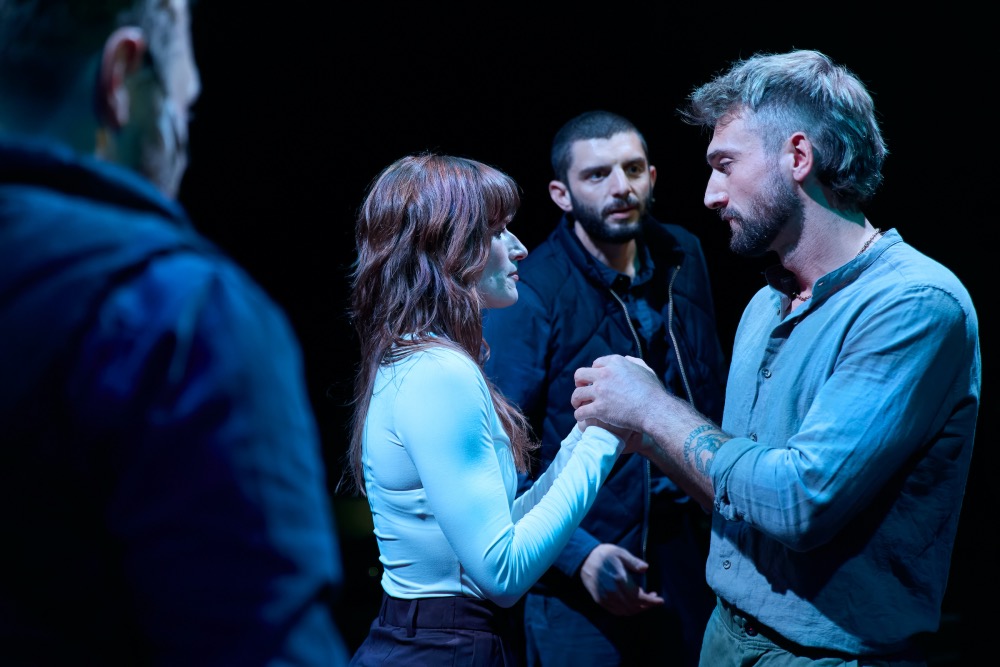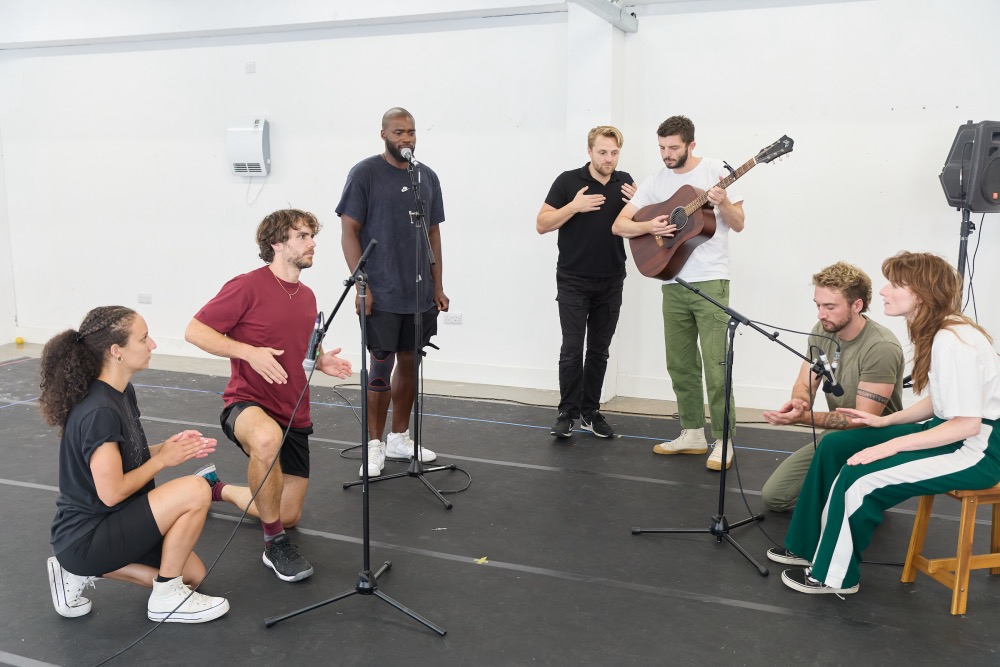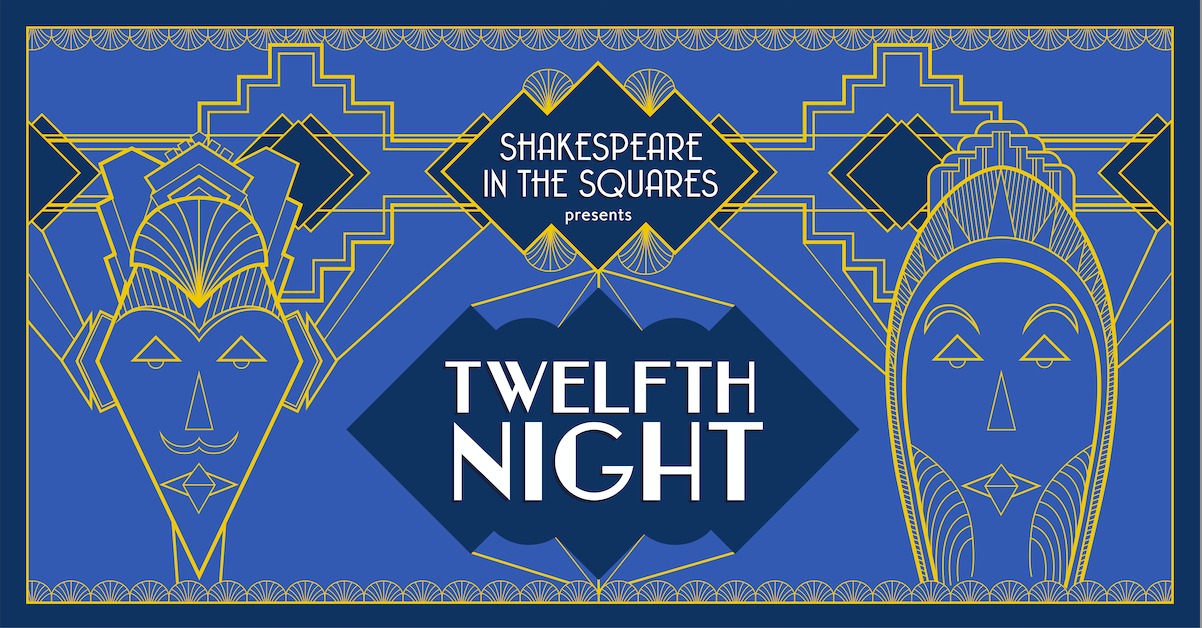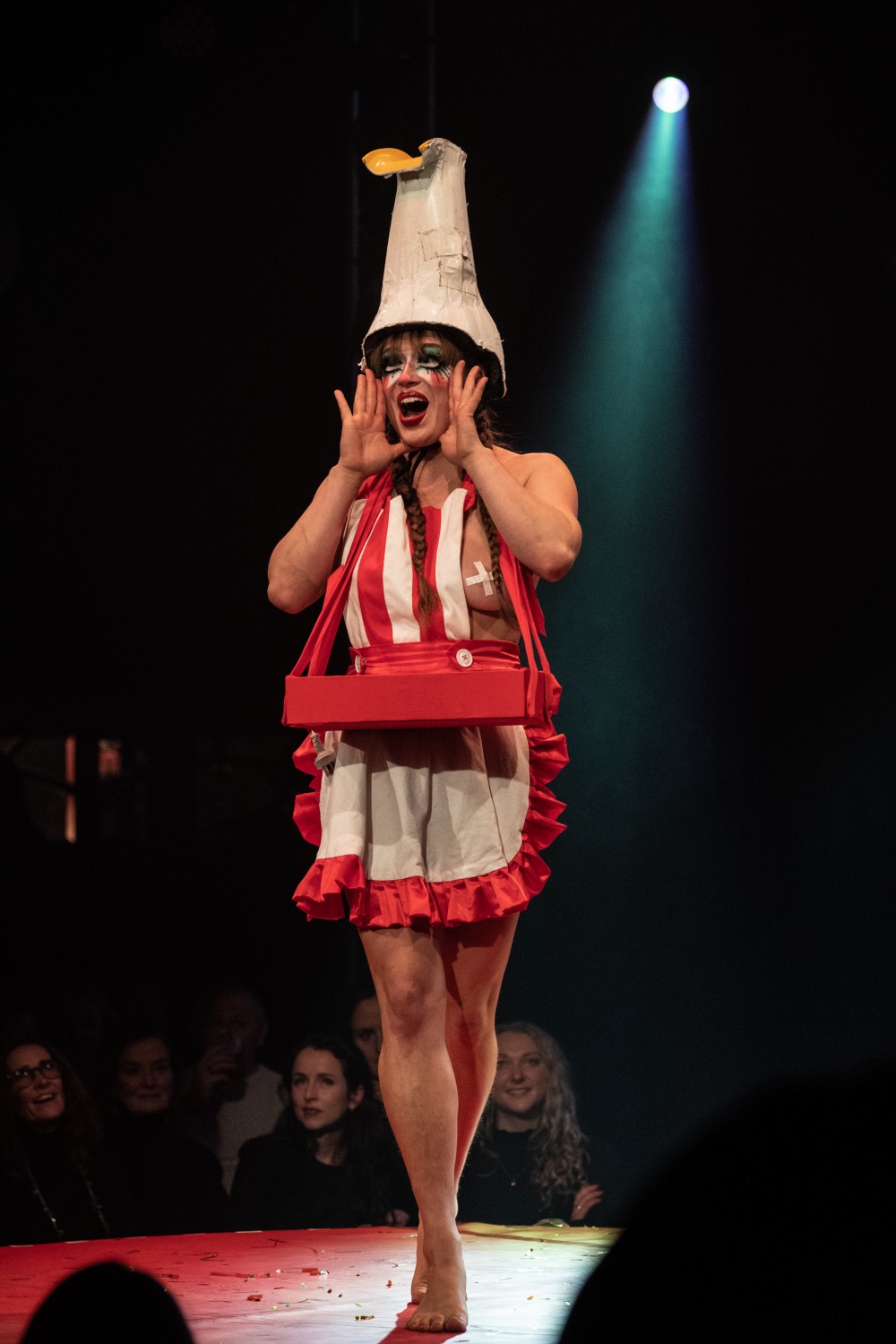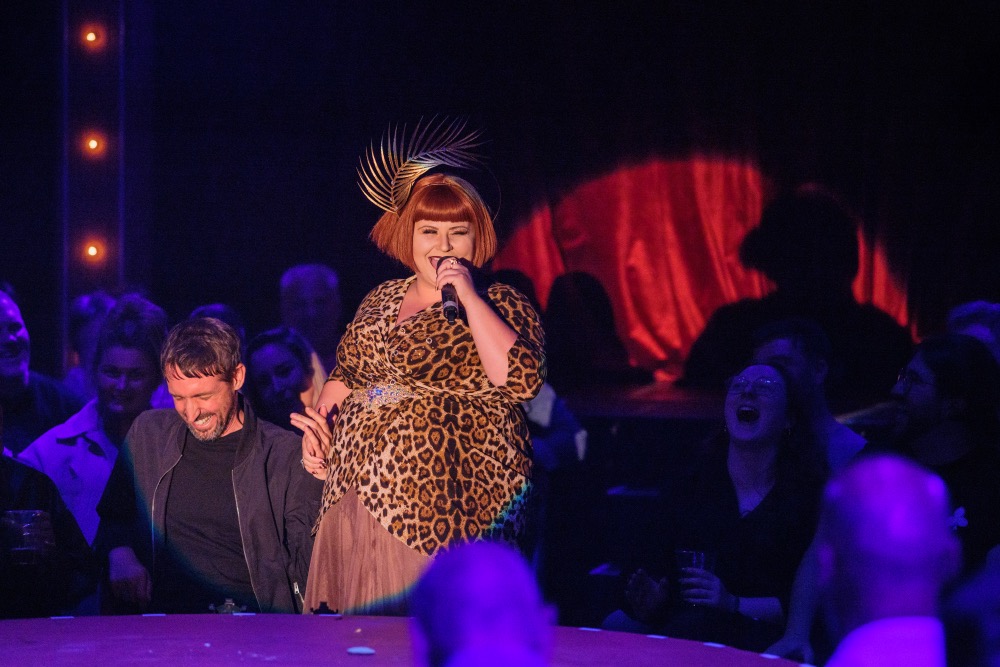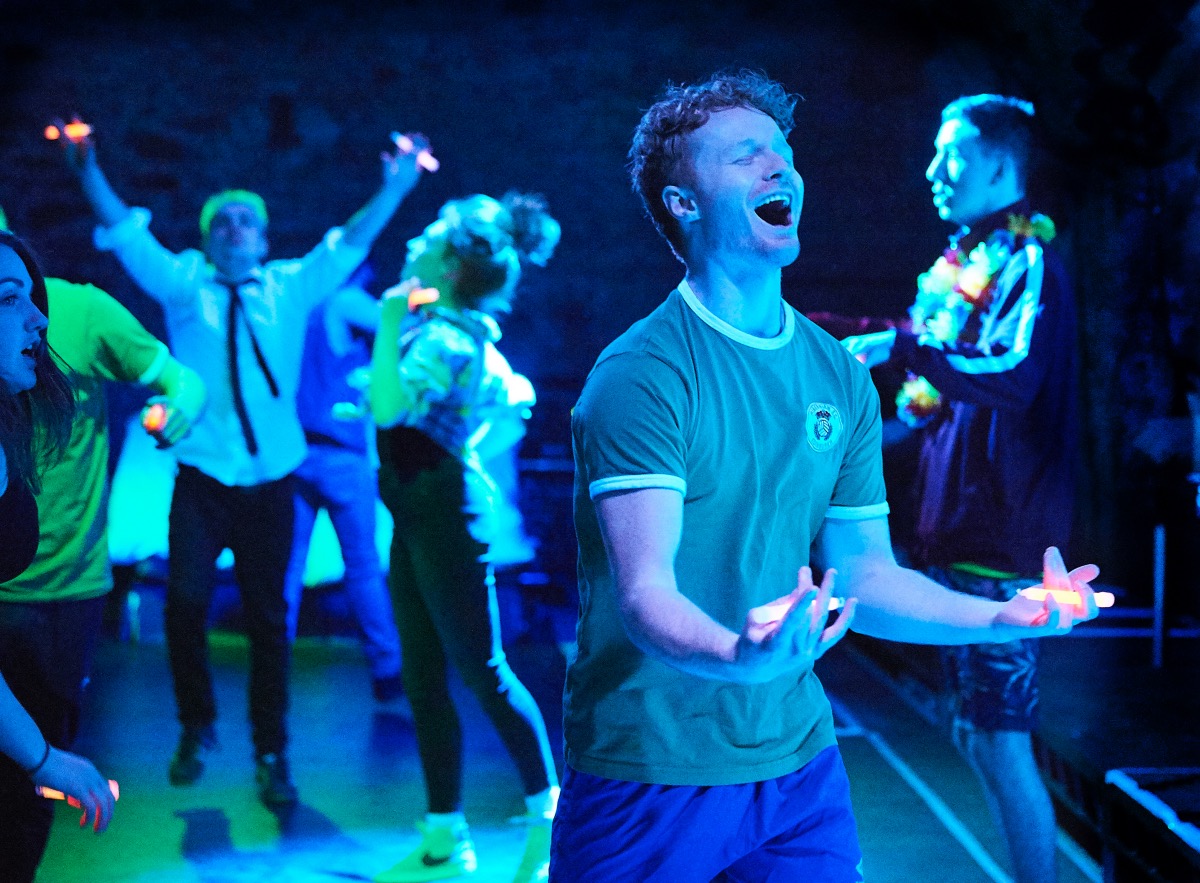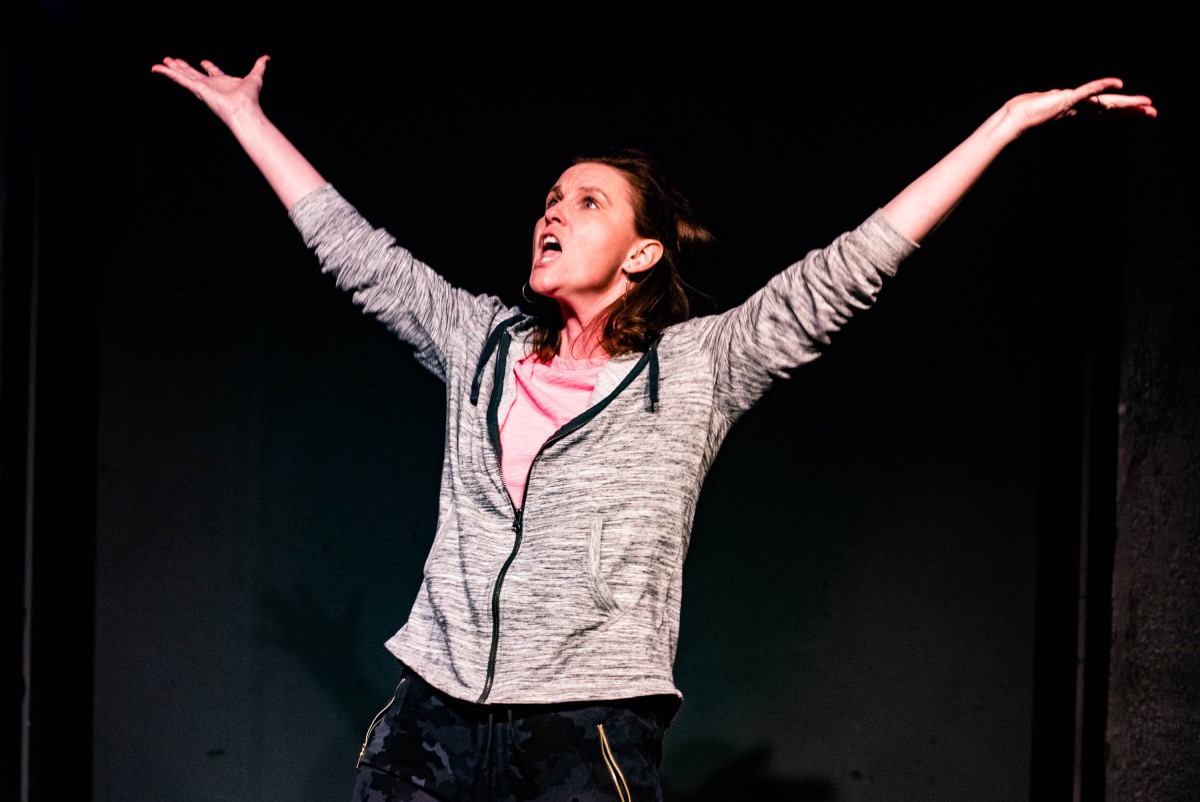![Antigone-on-strike-photo-by-Nir-Segal-D1_Standard Ali Hadji-Heshmati and Hiba Medina in Antigone [on strike] at Park Theatre, London. Photo: Nir Segal](https://theartiscapegallery.com/wp-content/uploads/2025/02/Antigone-on-strike-photo-by-Nir-Segal-D1_Standard-640x416.jpg)

Written and directed by Alexander Raptotasios, Antigone [on strike] is a bold and timely reimagining of the classic Antigone, bringing this age-old tragedy into our fast-paced, interconnected world of social media and global politics. It runs from 30 January – 22 February at Park Theatre in London.
Raptotasios was inspired to write the play after the Home Secretary’s controversial decision to revoke the citizenship of Shamima Begum, who left the UK to join ISIS as a teenager, effectively stripping them of their identity and legal right. This decision sparked a national debate about the erosion of personal freedoms and the growing unchecked power of the state.
In many ways, Antigone [on strike] is Raptotasios’ response to this chilling example of how political decisions, made in the name of security or national interest, can destroy lives and manipulate the concept of justice. His play examines the profound moral dilemmas at the heart of this kind of authority, drawing direct lines between ancient themes of family loyalty and modern political realities of surveillance, citizenship, and media-driven outrage.
Raptotasios’ adaptation, while rooted in Sophocles’ ancient tale, feels sharply relevant today. In a world dominated by 24/7 news cycles, online outrage, and algorithm-driven narratives, Antigone [on strike] examines how public opinion can be shaped in real time and how personal freedoms are increasingly undermined by political power and media manipulation.
The play is set in a media studio, (we were given devices to give our votes on different questions throughout the play) where the audience’s decisions actively influence the narrative’s direction, creating a uniquely immersive experience.
The story follows Esmeh, a young woman who joined ISIS at 14 and has her UK citizenship revoked, now trapped in a refugee camp. Her sister, Antiya, begins a hunger strike to demand her return, sparking a media frenzy that entangles their families in a chaotic mix of public opinion and political manipulation.
What makes this adaptation compelling is how Raptotasios modernizes the ancient story, exploring the impact of social media, global politics, and real-time democratic decisions. The characters face scrutiny from not just the government and media, but also the instant judgment of the online public, highlighting the fragility of free will in a world where actions are constantly monitored and manipulated.
The cast delivers powerful performances, especially in the portrayal of the sisters’ tense relationship, which plays out over FaceTime. Their conversation feels deeply personal yet politically charged, with the emotional stakes intensified by the media chaos surrounding them. The media studio setting cleverly blurs the line between fiction and reality, making the audience’s choices feel integral to the unfolding story. This interactive format adds urgency, highlighting how real-time public opinion can profoundly impact both personal lives and society.
The play challenges the audience to question whether our choices are truly our own or influenced by political, media, or technological forces. Antigone [on strike] prompts reflection on how democracy operates in the digital age and whether the power we believe we have is merely an illusion.
The production is a technical triumph, with lighting, sound, and set design working seamlessly to enhance the immersive experience. Multimedia elements and real-time audience interaction make the play feel urgent and engaging, proving that theatre can both entertain and challenge our views on the world.
Ultimately, Antigone [on strike] is a bold, necessary, and timely exploration of the intersection of technology, media, politics, and human agency. It’s a play that doesn’t just ask you to think about the world around you—it forces you to confront your own role in shaping it. In a world where the lines between fact and fiction, personal choice and public scrutiny, are ever more blurred, this production asks vital questions that resonate long after the curtain falls.







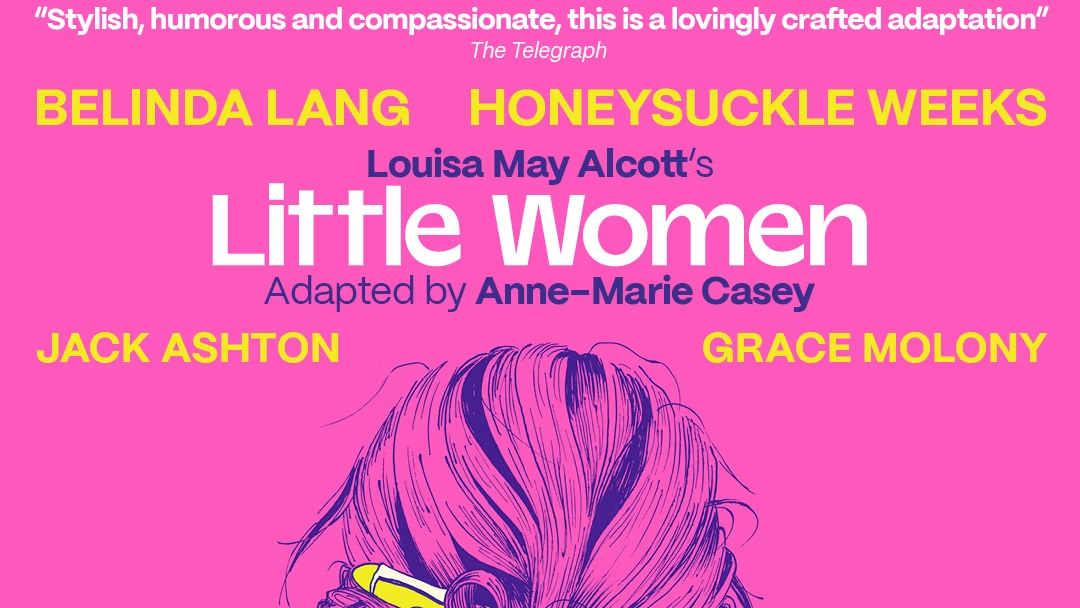

![Antigone [on strike] | Review Ali Hadji-Heshmati and Hiba Medina in Antigone [on strike] at Park Theatre, London. Photo: Nir Segal](https://theartiscapegallery.com/wp-content/uploads/2025/02/Antigone-on-strike-photo-by-Nir-Segal-D1_Standard-180x135.jpg)






